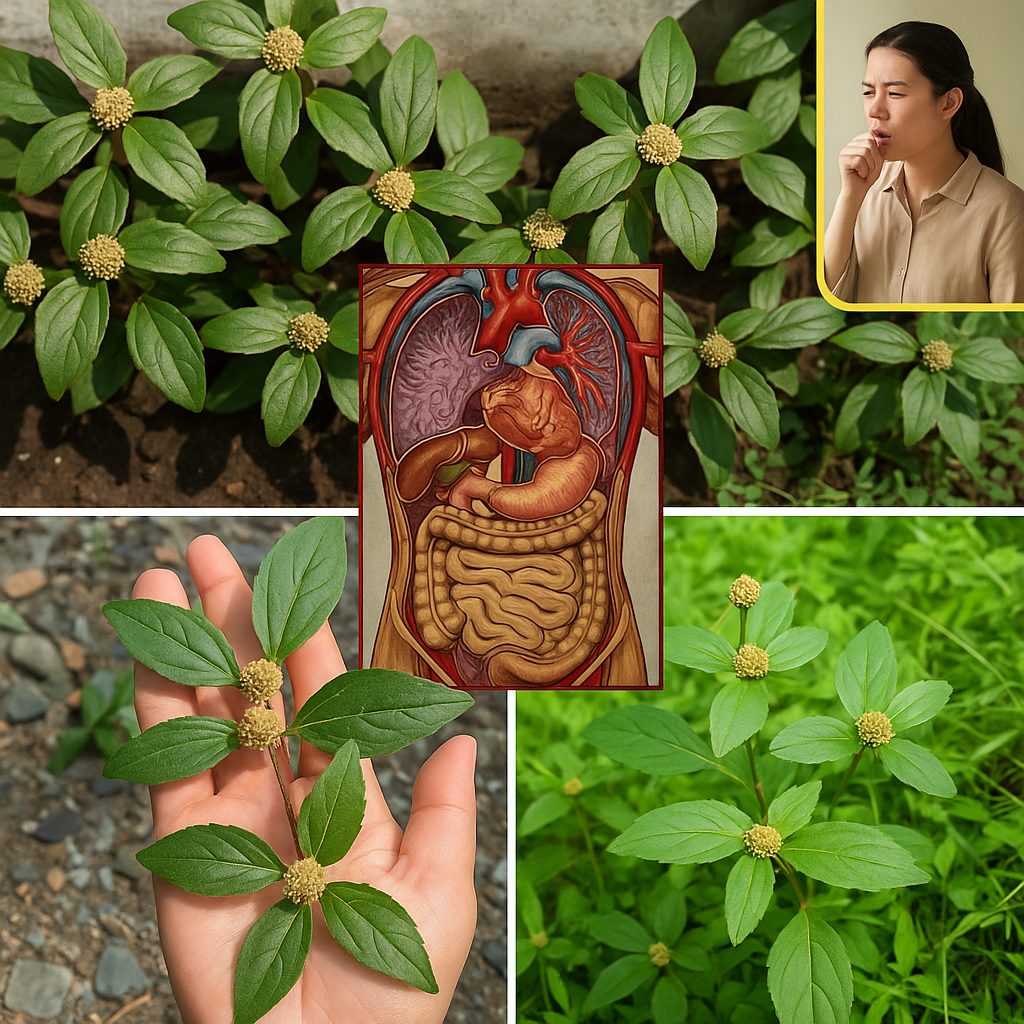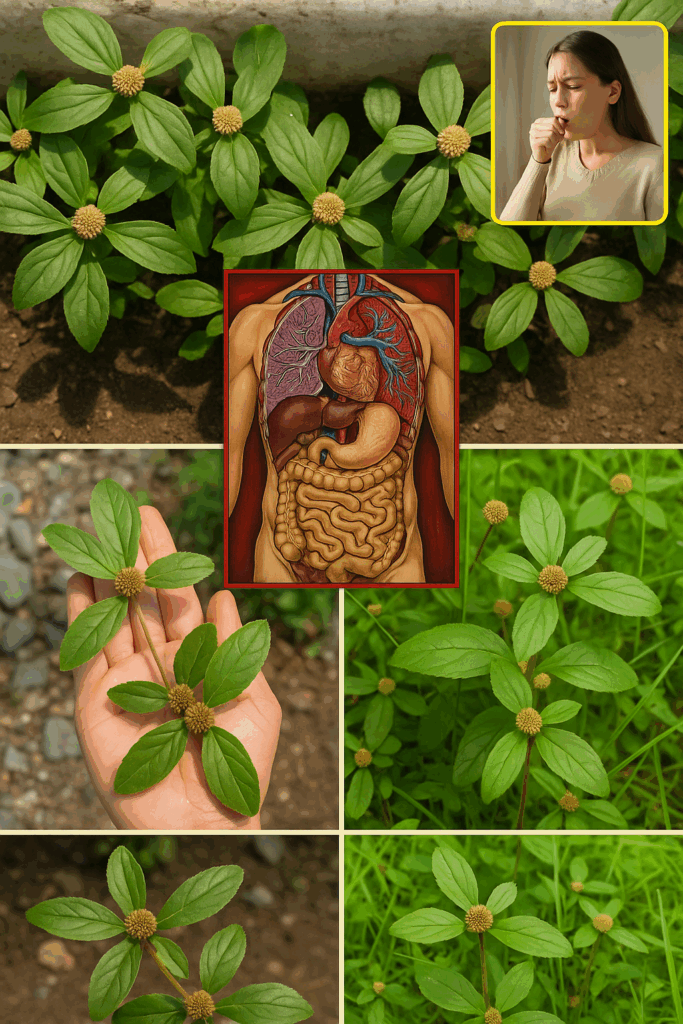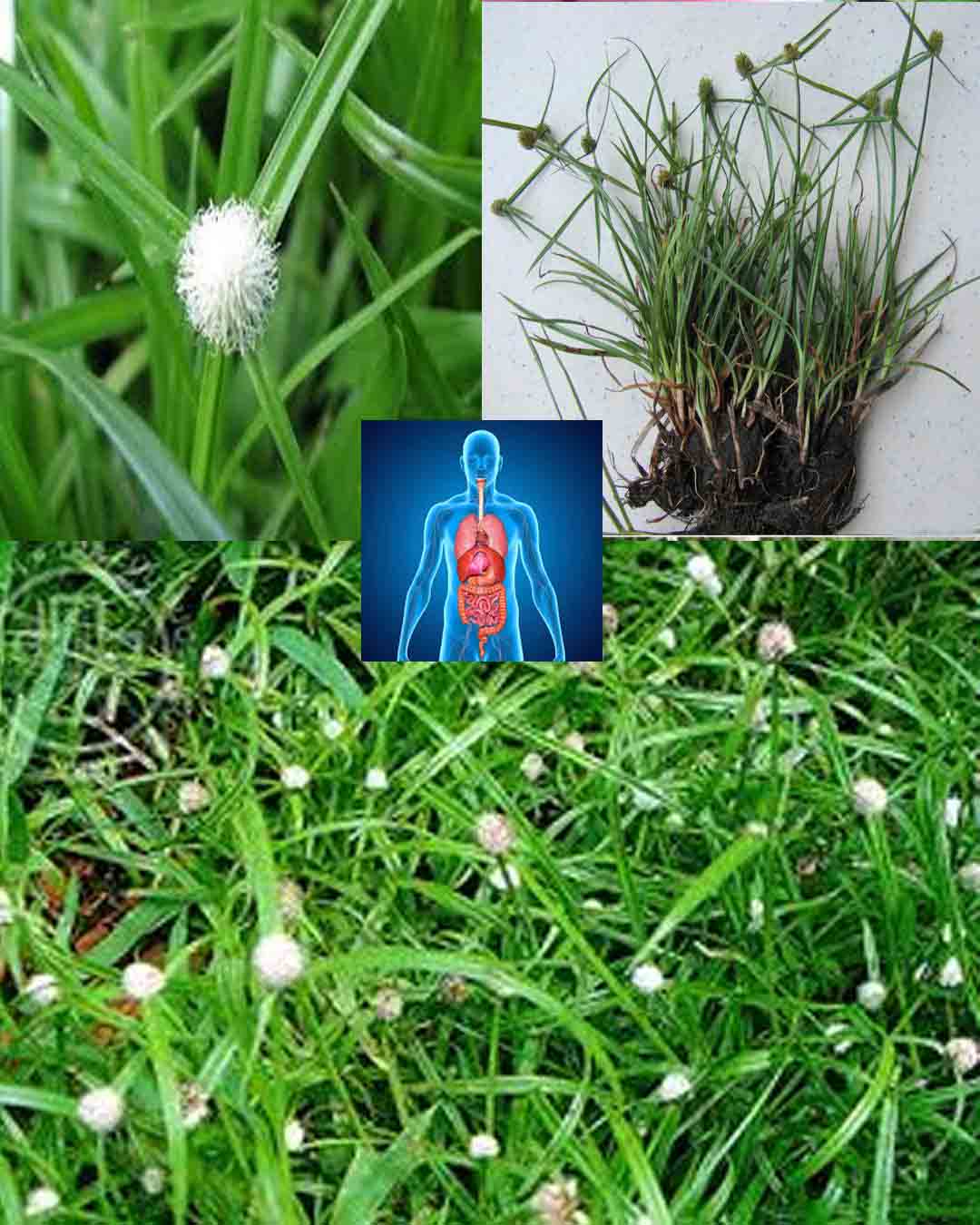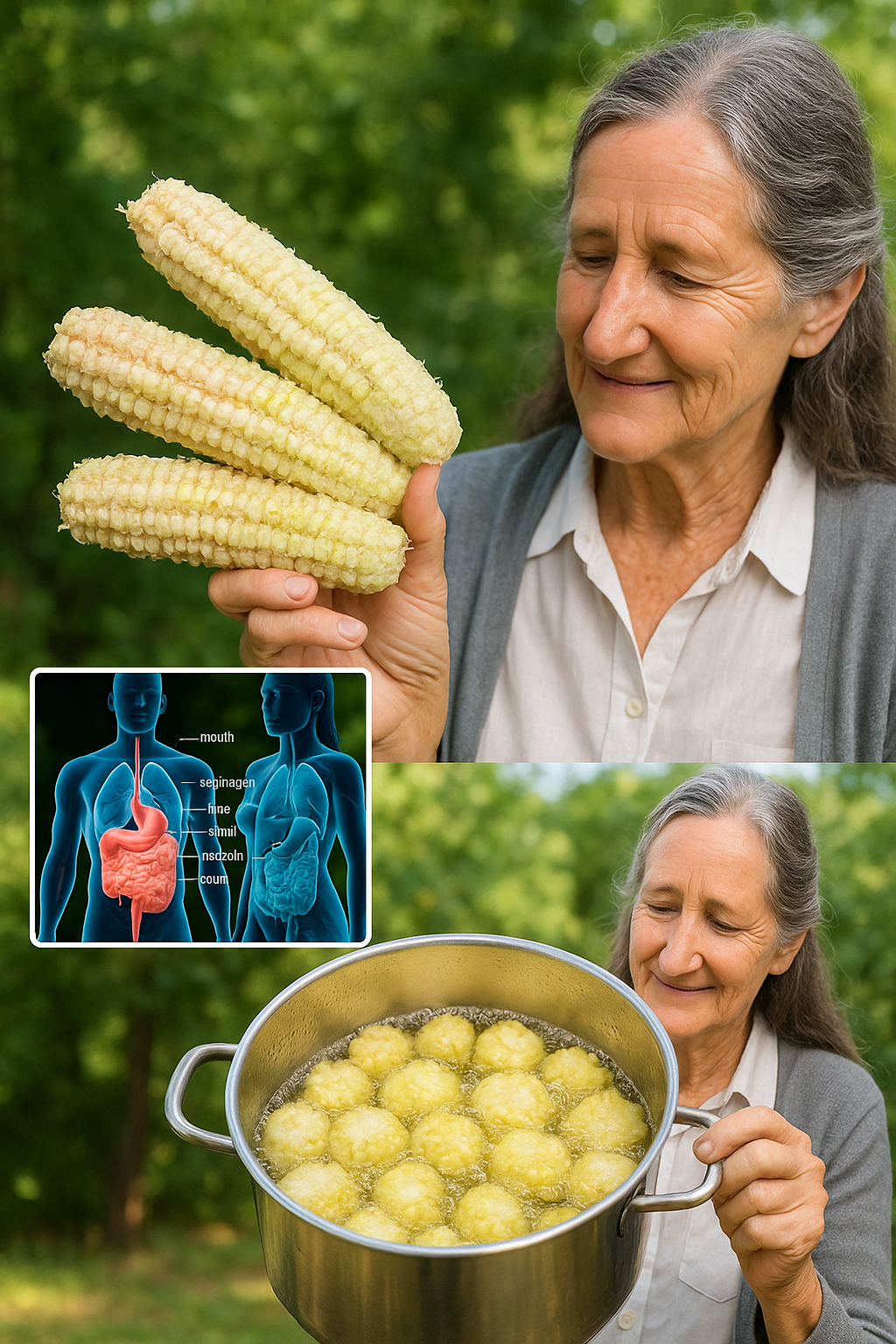🌿 In the world of natural healing, some plants quietly wait to be rediscovered—and Euphorbia Hirta is one of them. Known to many as the asthma plant, this small, unassuming herb has been revered in traditional medicine for generations. But in modern wellness circles, it’s just beginning to make waves.
If you’re seeking a holistic, herbal approach to better health—especially for respiratory conditions, digestive imbalances, inflammation, or even stress—this plant might be the miracle you’ve been missing.
Here’s everything you need to know about the 10 powerful health benefits of Euphorbia Hirta, and exactly how to use it safely at home.

🍃 1. Natural Relief for Asthma, Bronchitis, and Breathing Problems
Euphorbia Hirta earned its nickname for a reason. It contains compounds that act as bronchodilators, helping to relax the airway muscles and improve airflow to the lungs. For those struggling with chronic coughs, wheezing, or bronchial inflammation, this plant offers a natural alternative to harsh medications.
✅ How to use: Brew a tea using dried or fresh leaves and drink it warm to ease breathing discomfort.
🔥 2. Anti-Inflammatory and Pain-Fighting Powers
Inflammation is at the root of many modern ailments—from arthritis and rheumatism to headaches and menstrual pain. Euphorbia Hirta contains bioactive compounds that reduce inflammation and offer natural pain relief without the risks associated with over-the-counter medications.
✅ How to use: Sip the tea for internal pain, or crush the leaves into a poultice and apply it directly to sore joints or tense muscles.
💃 3. Menstrual Comfort and Hormonal Balance
For women dealing with irregular periods, heavy flow, or painful cramps, Euphorbia Hirta may be the gentle herbal support they need. Its anti-inflammatory properties and potential to regulate hormone activity make it a helpful natural remedy during menstruation.
✅ How to use: Drink a cup of Euphorbia Hirta tea during your period to ease cramping and discomfort.
🛡️ 4. Strengthens the Immune System
This herb is rich in antioxidants and phytochemicals that help modulate the immune system and protect the body from viral, bacterial, and fungal threats. While more research is still emerging, its historical use as an immunity booster is well-supported.
✅ How to use: Include the tea in your routine 2–3 times a week to strengthen your body’s defenses.
🌾 5. A Natural Digestive Ally
Euphorbia Hirta gently supports digestion by soothing inflammation in the gut, relieving constipation, and calming bloating and gas. Its mild laxative effect can help maintain regularity, while its calming action helps settle an upset stomach.
✅ How to use: Drink as tea after meals to support digestion and relieve symptoms of irritable bowel or sluggish digestion.
🧴 6. Skin Healing and Anti-Infection Support
Applied topically, Euphorbia Hirta has been used to treat wounds, sores, eczema, and acne. Its antimicrobial nature helps prevent infection, while its soothing effect reduces redness and swelling.
✅ How to use: Create a poultice by crushing fresh leaves and applying them directly to the affected area. You can also steep the herb and use the liquid as a gentle skin rinse.
🧘 7. Stress Relief and Better Sleep
Euphorbia Hirta contains mild sedative compounds that calm the nervous system. It can help reduce anxiety, tension, and restlessness—making it a great evening tea for those who struggle with winding down.
✅ How to use: Drink a warm cup of tea in the evening to promote relaxation and restful sleep.
🧬 8. Antioxidant Protection Against Aging and Disease
Free radicals can damage cells, accelerate aging, and increase the risk of chronic illness. Euphorbia Hirta is packed with antioxidants that fight oxidative stress, helping protect your body at the cellular level.
✅ How to use: Regularly sipping Euphorbia Hirta tea provides steady antioxidant support to keep your body resilient and youthful.
💓 9. Boosts Circulation and Heart Health
By improving blood flow and oxygen delivery, this herb supports cardiovascular wellness. It may help reduce symptoms related to poor circulation like cold hands and feet, muscle fatigue, or even varicose veins.
✅ How to use: Drink the tea daily, or use it as a warm infusion in massage oil applied to the limbs to stimulate local circulation.
🧽 10. Detoxifies and Supports Liver Function
Euphorbia Hirta is also considered a natural detoxifier, particularly beneficial for the liver and kidneys. It helps the body flush out toxins more efficiently and can support those recovering from exposure to environmental or dietary toxins.
✅ How to use: Drink 1–2 cups of tea per week as a gentle liver-supporting cleanse.
🌿 How to Use Euphorbia Hirta at Home
✔ Herbal Tea
Boil a few dried or fresh leaves in water for 5–10 minutes. Strain and drink once cooled. Add honey or lemon if desired.
✔ Poultice or Compress
Crush fresh leaves into a thick paste and apply to wounds, inflamed joints, or skin irritations.
✔ Mouthwash or Gargle
Boil the leaves and let the liquid cool. Use as a gargle for sore throat or mouth ulcers.

⚠️ Important Safety Notes
- Not for raw internal use: Always boil or prepare properly. Do not chew fresh raw leaves directly.
- Avoid during pregnancy or breastfeeding unless approved by a healthcare provider.
- Do a patch test if using topically to check for any allergic reactions.
- If you’re on medications or have chronic health issues, always consult your doctor before starting herbal treatments.
🌟 Final Thoughts: Nature’s Underrated Multitasker
From fighting inflammation and supporting lungs to promoting skin healing and improving digestion, Euphorbia Hirta offers a range of healing powers most people never hear about.
This humble herb may not have the fame of turmeric or ginger, but its effects can be just as profound—especially for those looking to bring balance and strength back into their body using nature’s pharmacy.
💚 Let this miracle herb remind us: some of the most powerful remedies grow right under our feet. All we need to do is recognize them—and use them wisely.


